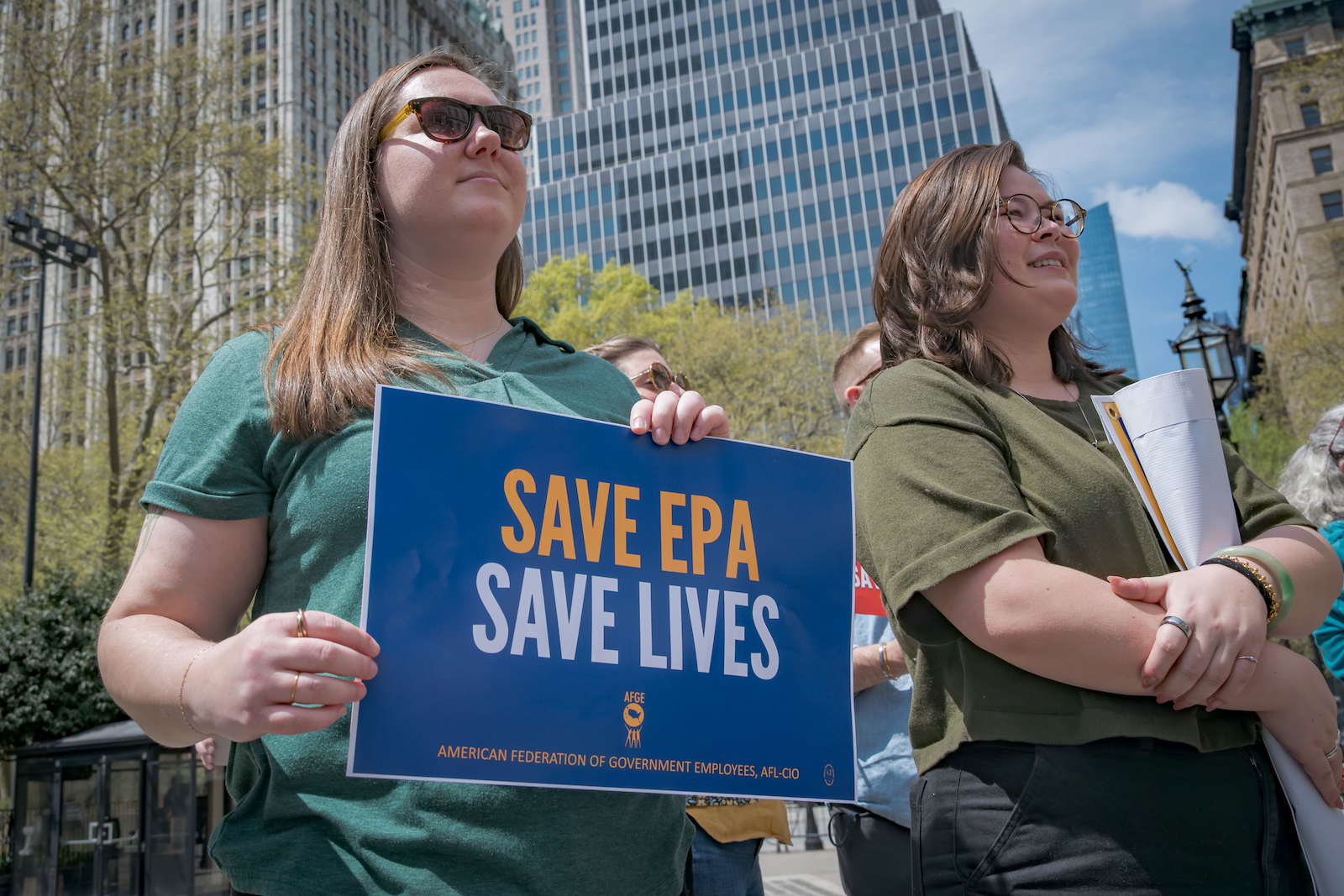Decades of Progress Erased: How 100 Days Unraveled Environmental Justice

In a stark departure from environmental protection principles, the Trump administration has effectively transformed environmental justice into a controversial battleground where polluters are granted unprecedented access to circumvent regulatory safeguards.
Under this administration's approach, environmental regulations have been systematically dismantled, creating a landscape where corporate interests seemingly trump public health concerns. Companies are now empowered to request sweeping exemptions from established environmental laws, effectively rendering critical protections "illegal" in practice.
The administration's strategy represents a radical shift in environmental policy, prioritizing industrial convenience over ecological preservation and community well-being. By inviting polluters to challenge existing regulations, the White House has opened a dangerous precedent that could have long-lasting consequences for environmental sustainability and public health.
Environmental advocates argue that these policy changes disproportionately impact vulnerable communities, particularly low-income neighborhoods and communities of color, who are most susceptible to the harmful effects of industrial pollution. The current approach not only undermines decades of environmental progress but also signals a troubling disregard for the fundamental principles of environmental justice.
As corporate interests gain unprecedented influence in shaping environmental policy, the future of ecological protection hangs in a precarious balance, with potentially severe implications for both current and future generations.
